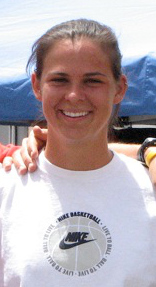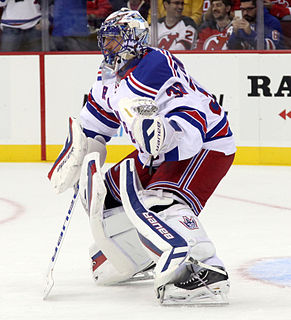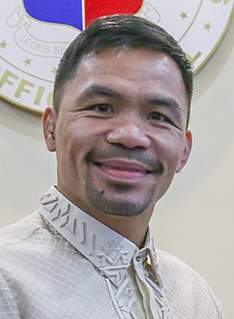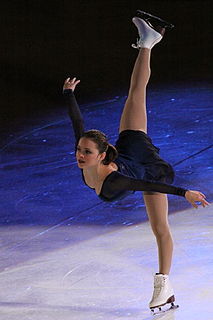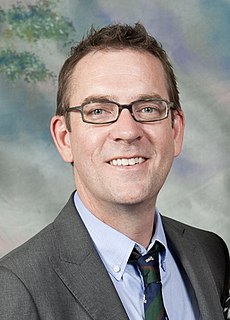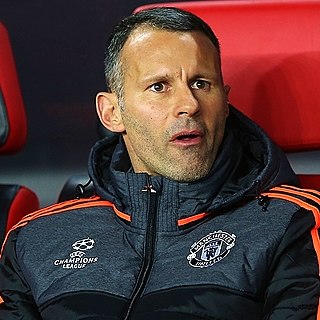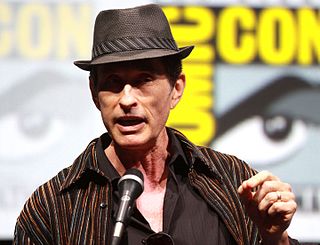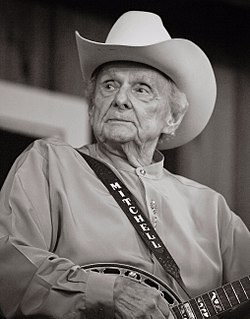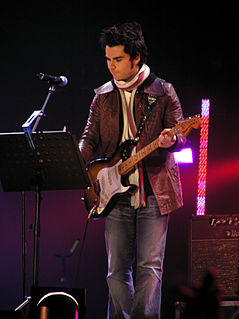A Quote by Brittany Bowe
I'll get to the oval three hours beforehand and warm up for about 45 minutes off the ice. Then I'll stretch and get on the ice for 20 minutes. I'll cool down, then relax, close my eyes and think about what I need to do.
Related Quotes
I think after a big European game you're looking at four or five days. For two days afterwards I don't really do anything. I do a recovery the next day, which is bike work, a light stretch, some yoga and an ice bath after that. Then the second day I would just do the bike again for 20 minutes and then do some strides, which is box to box, just eight of them, just to get the legs going and the blood going again.
I take 10 minutes. I focus on what I'm most grateful for. Then I do a little prayer for three minutes, a blessing within myself through God, and then out to my family and friends and all those I serve. Then my last three minutes are the three things I want to achieve most. At the end of 10 minutes, you are wired. Everything in your life gets filtered through that.
I grew up down in the hills of Virginia. I can be in Kentucky in 20 minutes, Tennessee in 20 minutes or in the state of West Virginia in 20 minutes. And it's down in the Appalachian Mountains, down there. And it's sort of a poorer country. Most of the livelihood is coal mining and logging, working in the woods and things like that. Most people has a hard life down that way.
What you hear in focus groups and conversations, people will give you 20 minutes of rage about how the borders are out of control. But then you start saying, practically, what are we going to do about it? What are we going to do about the 11 million here? What are we going to do to get some workers we need for the farms? Then people start having a normal conversation.
